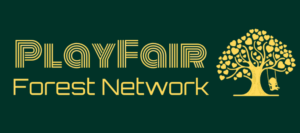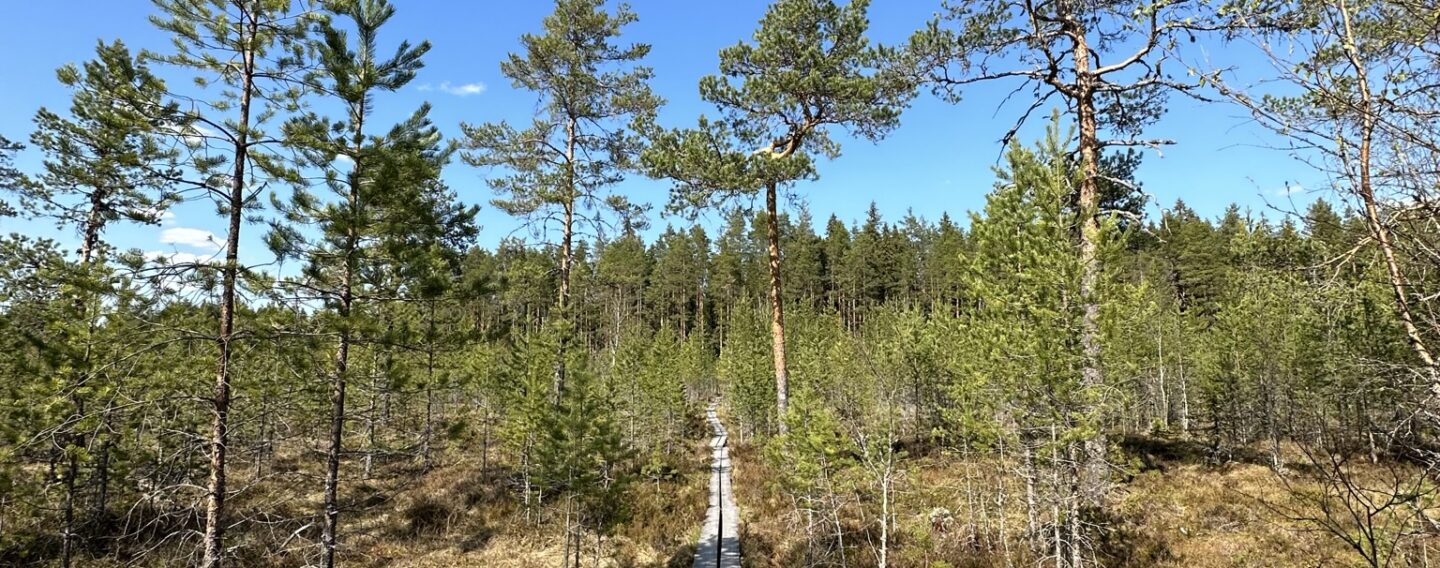Bridging Play and Participation in Multi-purpose Forest Planning
Background
The PlayFair Forest Network (2024-2025) is an SNS-funded Annual Network focused on the intersection of participative and playful digital technology and forestry.
Modern forest planning faces increasing demands for public participation and transparency. Digital technologies, such as Public Participation Geographic Information Systems (PPGIS), location-based games, and gamified applications, offer new ways to engage stakeholders in forest planning. These tools can help gather public preferences, assess their compatibility with existing plans, and identify potential areas of conflict.
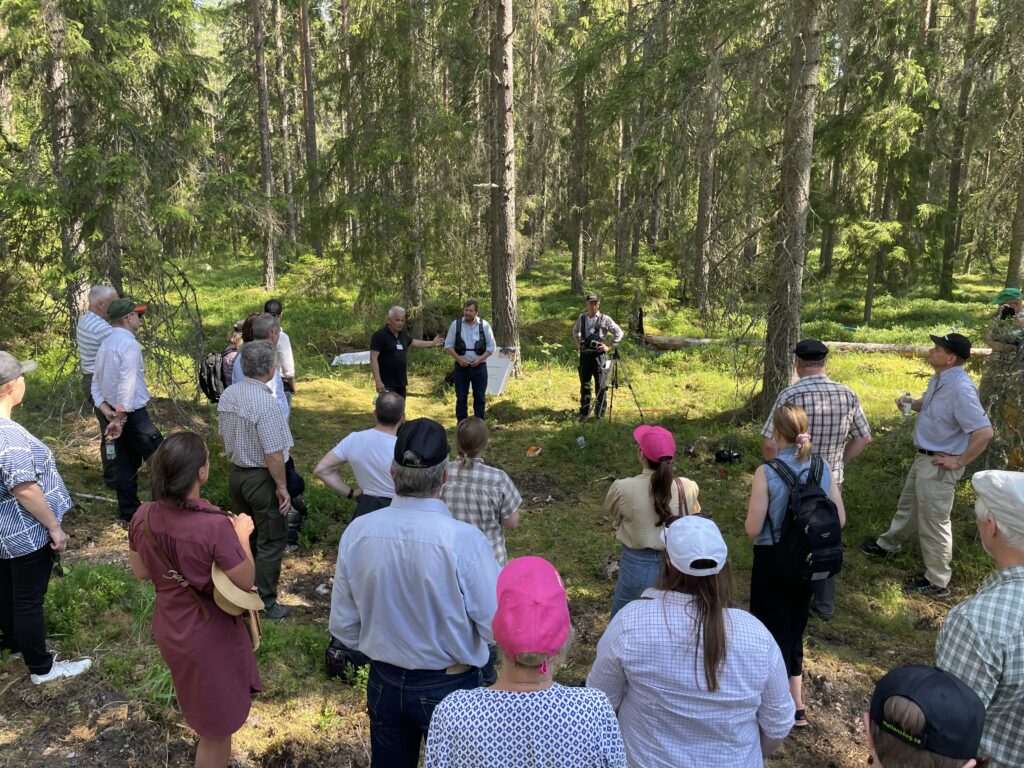
Photo: Philip Chambers
Our network aims to achieve the following key goals:
- Facilitate Nordic-Baltic and European knowledge exchange about playful digital technologies in forest planning.
- Strengthen connections between forest planning researchers and experts in human-computer interaction.
- Support young scientists and doctoral researchers in building their professional networks.
- Develop new project ideas and funding applications.
- Create a research agenda for the upcoming years.
Throughout 2025, we are engaged in:
- Regular online meetings of the lead committee and network members
- Two in-person workshops with stakeholders
(Spring – Finland, and Autumn – Sweden) - Introducing the network’s website and starting to use it as a knowledge hub
- Partnering for scientific publications and communication activities
- Joint funding proposal development
Our collaborative network brings together leading institutions across the Nordic-Baltic region and beyond:
University of Eastern Finland (UEF), Finland; Swedish University of Agricultural Sciences (SLU), Sweden; University of Copenhagen (KU), Denmark; Norwegian University of Life Sciences (NMBU), Norway; Latvian State Forest Research Institute (Silava), Latvia; Fondazione Bruno Kessler (FBK), Italy

By the conclusion of our current funding period, we aim to deliver:
- Improved understanding of digital tools in forest planning
- Enhanced collaboration between Nordic-Baltic forest researchers
- Academic publications about digital tools in forest planning
- Joint research proposals
- Research agenda for post-2025
- Policy brief with recommendations
All outcomes will be made publicly available through this website and shared at relevant scientific conferences. Contact our coordinator to learn more about joining our activities.
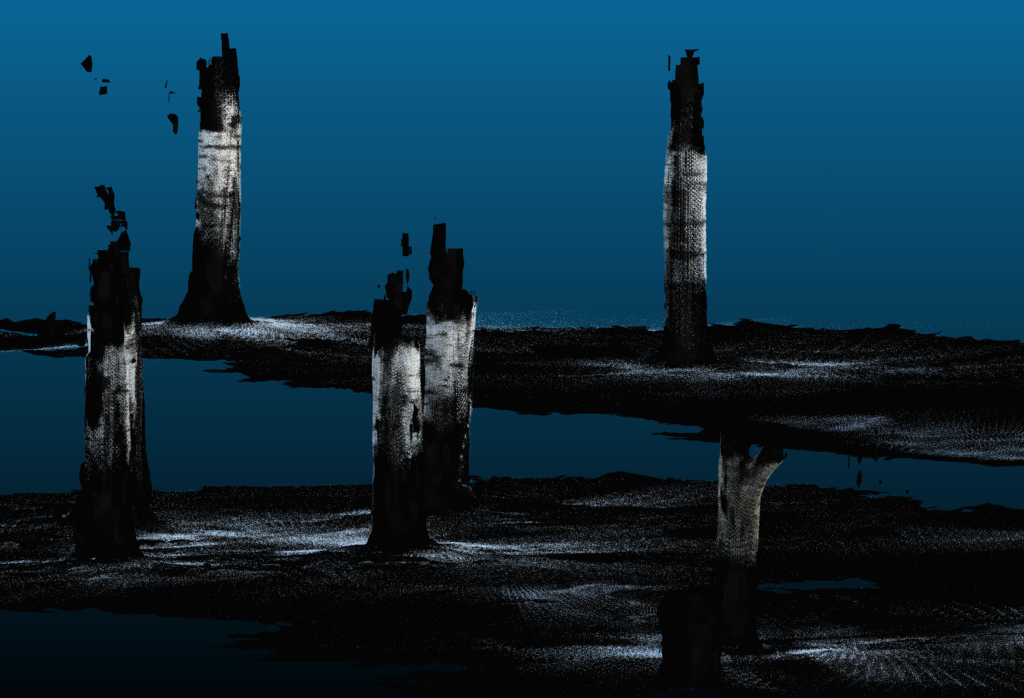
Picture: GamiLiDAR project
Funders
The PlayFair Forest Network is funded by Nordic Forest Research (SNS) and ForBioeconomy (the Forest Bioeconomy Network – an European Forest Institute (EFI) research network).
The network was initiated by the UNITE Flagship (Forest – human – machine interplay). UNITE is part of the Research Council of Finland‘s Flagship Programme
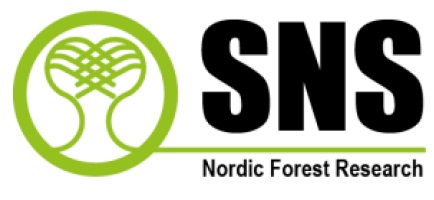
SNS (Nordic Forest Research, or SamNordisk Skogsforskning)

The Forest Bioeconomy Network – an EFI research network
Webinar Presentations
-
Approaches for studying forest recreation and other cultural forest ecosystem services in LatviaPresentation by Dr. Zane Libiete of Silava, Latvia, 10.04.25. PDF of a PowerPoint presentation
-
Playing with forest plans: thoughts on integrating playful data into operational plansPresentation by Prof. Kyle Eyvindson of NMBU, Norway, 10.04.25. PDF of a PowerPoint presentation
-
Playing for change: gamification and serious games for a sustainable societyPresentation by Dr. Federico Bonetti, Fondazione Bruno Kessler, Italy, 10.04.25. PDF of a PowerPoint presentation
Presentations from Helsinki In-Person Meeting
-
Who let the bots out?! Playing Our Way Through Forest with RobotsPresentation by Eshtiak Ahmed, Tampere University, Finland, 28.05.25, PDF of a PowerPoint presentation
-
MCDA (Heureka): a digital tool to collect forest management preferences with forest actors in GothenburgPresentation by Daniel Martey Junior Mensah & Karin Öhman, SLU, Sweden, 28.05.25, PDF of a PowerPoint presentation
-
Chess Geology How did we think about the Earth through chess?Presentation by Linas Gabrielaitis, Tampere University, Finland, 28.05.25, PDF of a PowerPoint presentation
-
Gaining access to geocaching data through an open-source tool (GSAK)Presentation by Edgars Jurmalis & Zane Libiete, Silava, Latvia, 28.05.25, PDF of a PowerPoint presentation
-
Forest conflicts in the EUPresentation by Daniela Nousiainen, UEF, Finland 28.05.25, PDF of a PowerPoint presentation
-
Ecosystem services and alternative silvicultural approaches in Norwegian forestsPresentation by Lucas Lopez, NMBU, Norway, 28.05.25, PDF of a PowerPoint presentation
-
Playing for Change: Game-Based Solutions for a Sustainable SocietyPresentation by Dr. Federico Bonetti, Fondazione Bruno Kessler, Italy, 28.05.25. PDF of a PowerPoint presentation
Network events and meetings
PlayFair Forest Network – Kick-off meeting – January 31st, 20251st PlayFair Forest Network Webinar – April 10th, 20251st PlayFair Forest Network In-person Meeting in Helsinki – May 27th – 28th, 2025- 2nd PlayFair Forest Network Webinar – June, date to be decided
- 3rd PlayFair Forest Network Webinar – August, date to be decided
- 4th PlayFair Forest Network Webinar – October, date to be decided
- 5th PlayFair Forest Network Webinar – December, date to be decided
Our supportive stakeholders
- The Central Union of Agricultural Producers and Forest Owners (MTK), Finland
- Sveaskog – Sweden’s state-owned company
- Latvian Forest Advisory Service Centre
- SIA “Rigas mezi” (LLC “Riga Forests”)
Get in touch and get involved!
Interested in joining our network or learning more about our activities? We welcome researchers, practitioners, and stakeholders working with playful digital technologies, public engagement, and sustainable forest management.
Contact us to participate in our webinars, workshops and networking events.
University of Eastern Finland (UEF), Finland
Prof. Teppo Hujala – [email protected]
Dr. Mari Selkimäki – [email protected]
Mr Philip Chambers – [email protected]
Swedish University of Agricultural Sciences, Sweden
Prof. Karin Öhman – [email protected]
Dr. Isabella Hallberg-Sramek – [email protected]
Latvian State Forest Research Institute (Silava), Latvia
Dr. Zane Lībiete – [email protected]
Fondazione Bruno Kessler (FBK), Italy
Dr. Simone Bassanelli – [email protected]
University of Copenhagen, Denmark
Assoc. Prof. Anton Stahl Olafsson – [email protected]
Norwegian University of Life Sciences (NMBU), Norway
Assoc. Prof. Kyle Eyvindson – [email protected]
